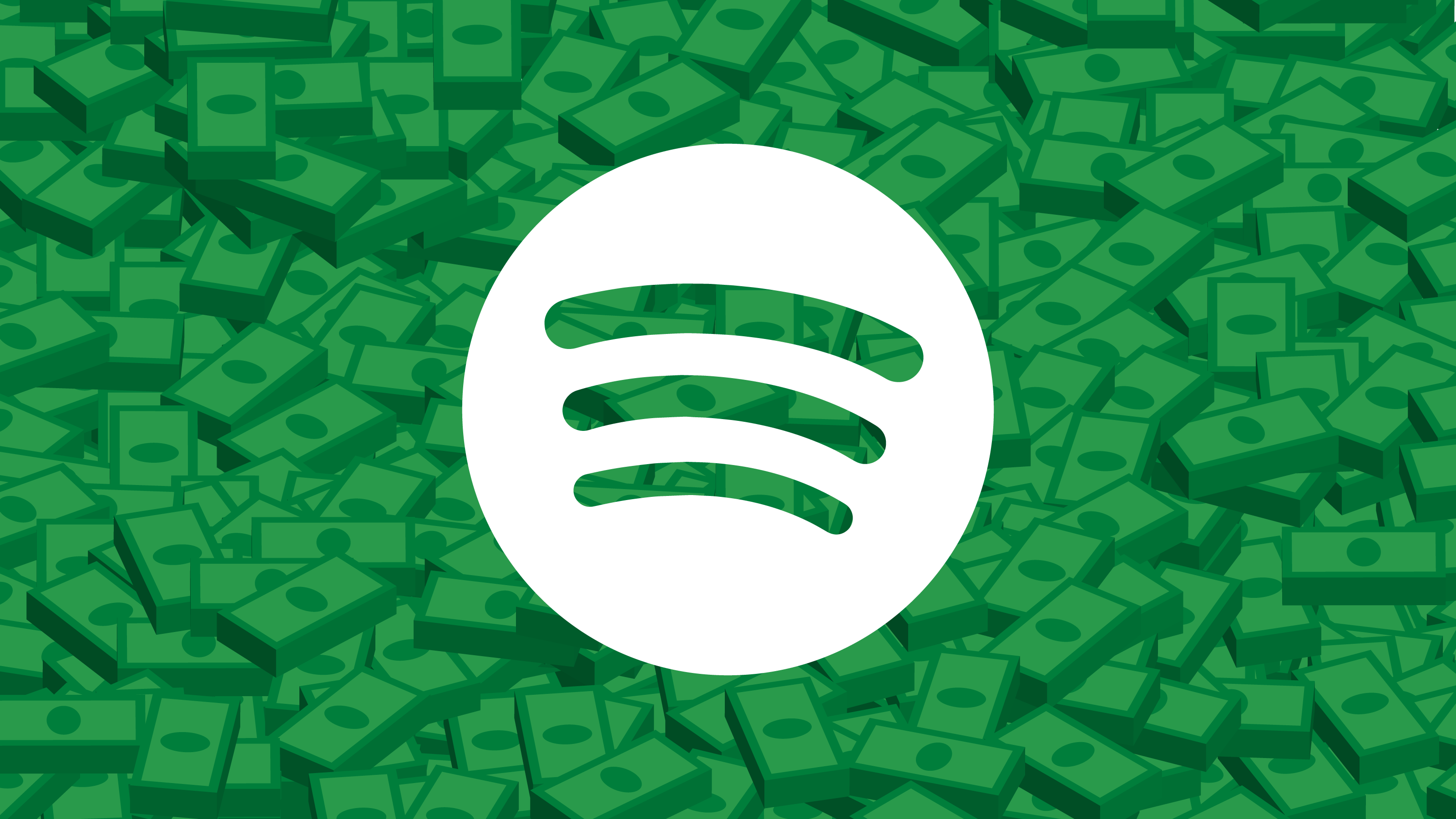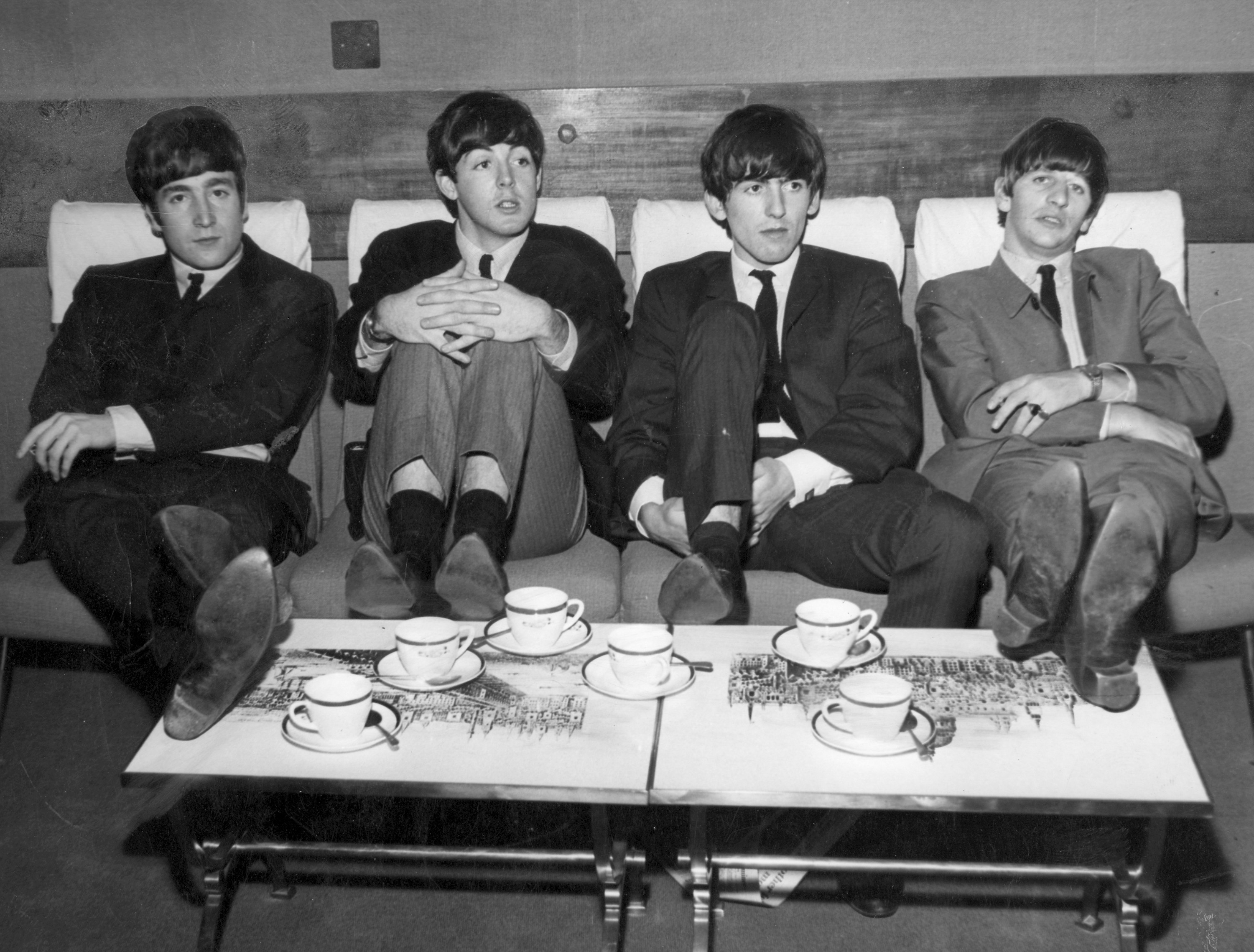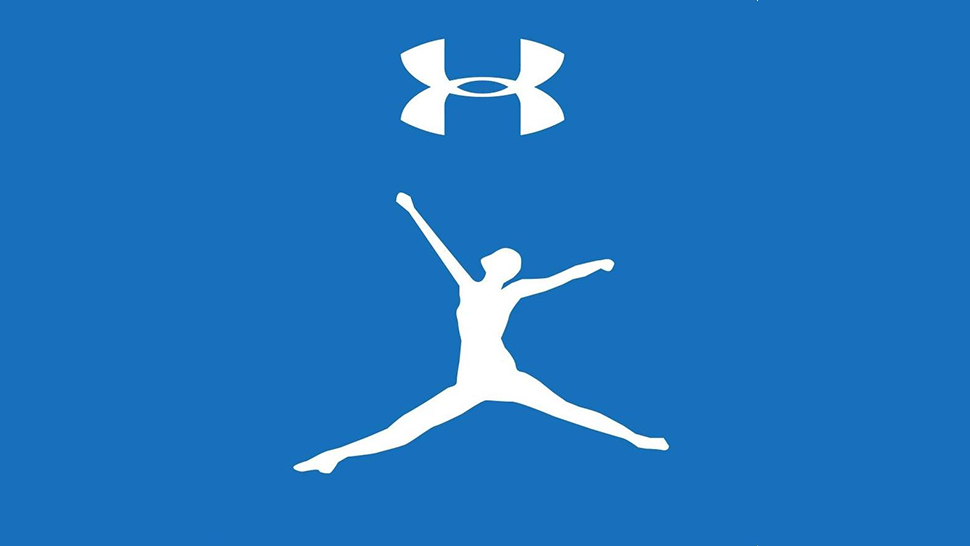Music
Trailers
DailyVideos
India
Pakistan
Afghanistan
Bangladesh
Srilanka
Nepal
Thailand
Iraq
Iran
Russia
Brazil
StockMarket
Business
CryptoCurrency
Technology
Startup
Trending Videos
Coupons
Football
Search
Download App in Playstore
Download App
Best Collections
Technology
The first 5G phones are set to start arriving next year. Motorola plans to bring next-gen connectivity via a Mod for the Z3, and companies like LG and OnePlus have promised to deliver the tech baked into handsets at some point in 2019. iPhone users, on the other hand, may have to wait a bit longer.
The technology is, of course, an inevitability for Apple (along with everyone else, really), so itjust a question of when. A new report from Fast Company (via the Verge) puts the timing around a year and half out.
The &source with knowledge of Appleplans& put the 5G iPhonearrival at some point in 2020, with Intel supplying the tech this time out. Apparently Apple and Intel are going through a bit of a rough patch of late, courtesy of heat/battery issues with the 8060 5G modem. Of course, things aren&t rough enough for the company to hit up Qualcomm again.
Given the on-going battle between the two companies, thatprobably a bridge too far. Instead, Appleholding out for Intel8161 chip. 5G presents a solid opportunity for Intel to regain some of the substantial ground it ceded to Qualcomm in the mobile market the last time out.
- Details
- Category: Technology
Read more: The iPhone is reportedly getting 5G in 2020
Write comment (94 Comments)These sorts of major decision no doubt take some time. And, of course, Amazon is clearly milking the decision making process for all itworth as cities across the States roll out the red carpet. According to a new report from The Washington Post, however, the big news surrounding where the company opens its second headquarters may come sooner than later.
The Bezos-owned paper is reporting that the retail giant is in &advanced talks& with Crystal City, a neighborhood in North Virginia that lies just south of the Washington D.C. Those conversations are reportedly further along and &more detailed& than any of the other Amazon has had with fellow top contenders. Nearby metro stops and proximity to a major airport are all requirements that are fulfilled by Crystal City.
Among the topics broached during the talks are questions around building capacity and how quickly the company can start moving in. In fact, a local top real estate developer has apparently unlisted some of its buildings in the past month, in anticipation of an announcement. Buildings for the initial move of hundreds of employees could be occupied by Amazon employees within nine months.
No specifics on when exactly the announcement would arrive, though the paper notes that itbeing held until after the midterm elections, meaning it could potentially occur as soon as Wednesday.
- Details
- Category: Technology
Read more: Amazon reportedly in ‘advanced talks’ to open HQ2 in Virginia
Write comment (92 Comments)Back in May, as part of a settlement, Spotify agreed to pay more than$112 millionto clean up some copyright problems. Even for a service with millions of users, that had to leave a mark. No one wants to be dragged into court all the time, not even bold, disruptive technology start-ups.
On October 11th, the President signed the Hatch-Goodlatte Music Modernization Act (the &Act&, or &MMA&). The MMA goes back, legislatively, to at least 2013, when Chairman Goodlatte (R-VA) announced that, as Chairman of the House Judiciary Committee, he planned to conducta &comprehensive& reviewof issues in US copyright law. Ranking Member Jerry Nadler (D-NY) was also deeply involved in this process, as were Senators Hatch (R-UT) Leahy (D-VT), and Wyden (D-OR). But this legislation didn&t fall from the sky; far from it.
After many hearings, several &roadshow& panels around the country, and a couple of elections, in early 2018 Goodlatte announced his intent to move forward on addressingseveral looming issues in music copyrightbefore his planned retirement from Congress at the end of his current term (January 2019). With that deadline in place, the push was on, and through the spring and summer, the House Judiciary Committee and their colleagues in the Senate worked to complete the text of the legislation and move it through to process. By late September, the House and Senate versions had been reconciled and the bill moved to the Presidentdesk.
Whatall this about streaming
As enacted, the Act instantiates several changes to music copyright in the US, especially as regardsstreamingmusic services. What does &streaming& refer to in this context Basically, it occurs when a provider makes music available to listeners, over the internet, without creating a downloadable or storable copy: &Streaming differs from downloads in that no copy of the music is saved to your hard drive.&

&Itall about the Benjamins.&
One part, by far the largest change in terms of money, provides that anew royalty regimebe created for digital streaming of musical works, e.g. by services like Spotify and Apple Music. Pre-1972 recordings — and the creators involved in making them (including, for the first time, for audio engineers, studio mixers and record producers) — are also brought under this royalty umbrella.
These are significant, generally beneficial results for a piece of legislation. But to make this revenue bounty fully effective, a to-be-created licensing entity will have to be set up with the ability to first collect, and then distribute, the money. Think &ASCAP/BMI for streaming.& This new non-profit will be the first such &collective licensing& copyright organization set up in the US in quite some time.
Collective Licensing: Itnot &Money for Nothing&, right
What do we mean by &collective licensing& in this context, and how will this new organization be created and organized to engage in it Collective licensing is primarily an economically efficient mechanism for (A) gathering up monies due for certain uses of works under copyright& in this case, digital streaming of musical recordings, and (B) distributing the royalty checks back to the rights-holding parties ( e.g. recording artists, their estates in some cases, and record labels). Generally speaking, in collective licensing:
&…rights holders collect money that would otherwise be in tiny little bits that they could not afford to collect, and in that way they are able to protect their copyright rights. On the flip side, substantial users of lots of other peoplecopyrighted materials are prepared to pay for it, as long as the transaction costs are not extreme.&
—Fred Haber, VP and Corporate Counsel, Copyright Clearance Center
The Act envisions the new organization as setting up and implementing a new, extensive —and, publicly accessible —database of musical works and the rights attached to them. Nothing quite like this is currently available, although resources like SONY&sGracenotesuggest a good start along those lines. After it is set up and the initial database has a sufficient number of records, the new collective licensing agency will then get down to the business of offering licenses:
&…a blanket statutory license administered by a nonprofit mechanical licensing collective. Thiscollective will collect and distribute royalties, work to identify songs and their owners for payment, and maintain a comprehensive, publicly accessible database for music ownership information.&
— Regan A. Smith, General Counsel and Associate Register of Copyrights

(AP Photo) The Liverpool beat group The Beatles, with John Lennon, Paul McCartney, George Harrison and Ringo Starr, take it easy resting their feet on a table, during a break in rehearsals for the Royal variety show at the Prince of Wales Theater, London, England, November 4, 1963. (AP Photo)
You &Can&t Buy Me Love&, so who is all this going to benefit
In theory, the listening public should be the primary beneficiary. More music available through digital streaming services means more exposure —and potentially more money —for recording artists. For students of music, the new database of recorded works and licenses will serve to clarify who is (or was) responsible for what. Another public benefit will be fewer actions on digital streaming issues clogging up the courts.
Therean interesting wrinkle in the Act providing for the otherwise authorized use of &orphaned& musical works such that these can now be played in library or archival (i.e. non-profit) contexts. &Orphan works& are those which may still protected under copyright, but for which the legitimate rights holders are unknown, and, sometimes, undiscoverable. This is the first implementation oforphan worksauthorization in US copyright law. Cultural services & likeOpen Culture& can look forward to being able to stream more musical works without incurring risk or hindrance (provided that the proper forms are filled out) and this implies that some great music is now more likely to find new audiences and thereby be preserved for posterity. Even the Electronic Frontier Foundation (EFF), generally no great fan of new copyright legislation,finds something to likein the Act.
In the land of copyright wonks, and inanother line of infringement suits, this resolution of the copyright status of musical recordings released before 1972 seems, in my opinion, fair and workable. In order to accomplish that, the Act also had to address the matter of the duration of these new copyright protections, which is always (post-1998) a touchy subject:
- For recordings first published before 1923, the additional time period ends on December 31, 2021.
- For recordings created between 1923-1946, the additional time period is 5 years after the general 95-year term.
- For recordings created between 1947-1956, the additional time period is 15 years after the general 95-year term.
- For works first published between 1957-February 15, 1972 the additional time period ends on February 15, 2067.
(Source:US Copyright Office)

(Photo by Theo Wargo/Getty Images for Live Nation)
Money (ThatWhat I Want & and lots and lots of listeners, too.)
For the digital music services themselves, this statutory or ‘blanket& license arrangement should mean fewer infringement actions being brought; this mighteven help their prospects for investmentandencourage new and more innovative services to come into the mix.
&And, in The End…&
This new legislation, now the law of the land, extends the history of American copyright law in new and substantial ways. Its actual implementation is only now beginning. Although five years might seem like a lifetime in popular culture, in politics it amounts to several eons. And letnot lose sight of the fact that the industry got over its perceived short-term self-interests enough, this time, to agree to support something that Congress could pass. Thatrare enough to take note of and applaud.
This law lacks perfection, as all laws do. The licensing regime it envisions will not satisfy everyone, but every constituent, every stakeholder, got something. From the perspective of right now, chances seem good that, a few years from now, the achievement of the Hatch-Goodlatte Music Modernization Act will be viewed as a net positive for creators of music, for the distributors of music, for scholars, fans of ‘open culture&, and for the listening public. In copyright, you can&t do better than that.
- Details
- Category: Technology
Read more: A long and winding road to new copyright legislation
Write comment (98 Comments)
Amazon Day looks like one of those options you&ll wonder how you ever managed to live without. The new feature, which is currently being tested for select Prime users, offers up a choice of deliver day during the check out process.
In addition to the standard options (one and two day, et al), most two-day delivery items will also come with the option to tick the day of the week you want them to show up at your front door. Ita potential life (or at least package) saver for those of us who live in tricky apartment buildings and aren&t able to be home all of the time.
Amazon confirmed the feature with CNET this week, writing in a statement, &We&re excited to be testing a new service aimed at making the delivery experience more convenient for customers.&
As to why the option hasn&t been available until now, one imagines every new moving part further complicates the already complex world of shipping logistics. No word on when the rest of us will get access to the feature, but the company started testing it on a select group late this week — just in time, it seems, for the Black Friday shipocalypse.
- Details
- Category: Technology
Read more: Amazon is letting users choose the day packages are delivered
Write comment (95 Comments)
Chinese photography accessories manufacturer Yongnuo has revealed that its developing a new mirrorless camera that will be powered by Google’s Android operating system.
Codenamed the YN450, Yongnuo has listed some of its new camera's features on its Facebook page. The list includes Android 7.1 Nougat as its operating system, built-in 4G
- Details
- Category: Technology
Read more: A full-featured Android-powered mirrorless camera is coming
Write comment (91 Comments)

Fresh details have surfaced regarding the February 2018 data breach that affected 150 million users of the MyFitnessPal app, a service run by health and fitness company Under Armour.
The breach notification submitted by the company to the Australian Government has been made public due to the country’s Freedom of Information Act. From the document, “
- Details
- Category: Technology
Read more: Four million Aussies were affected in Under Armour data breach
Write comment (92 Comments)Page 3751 of 5614

 9
9





